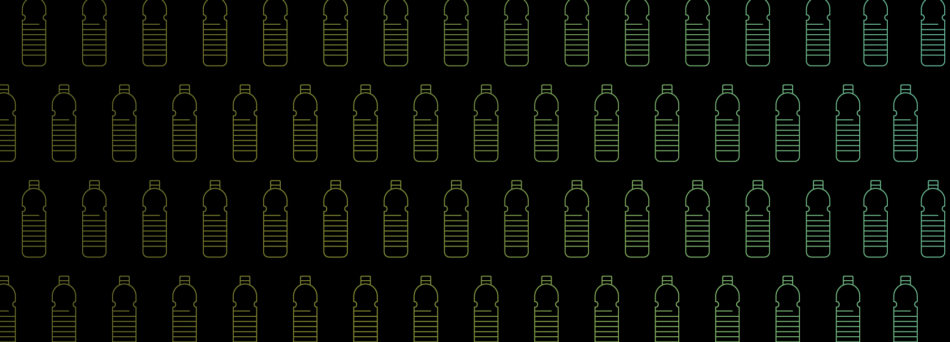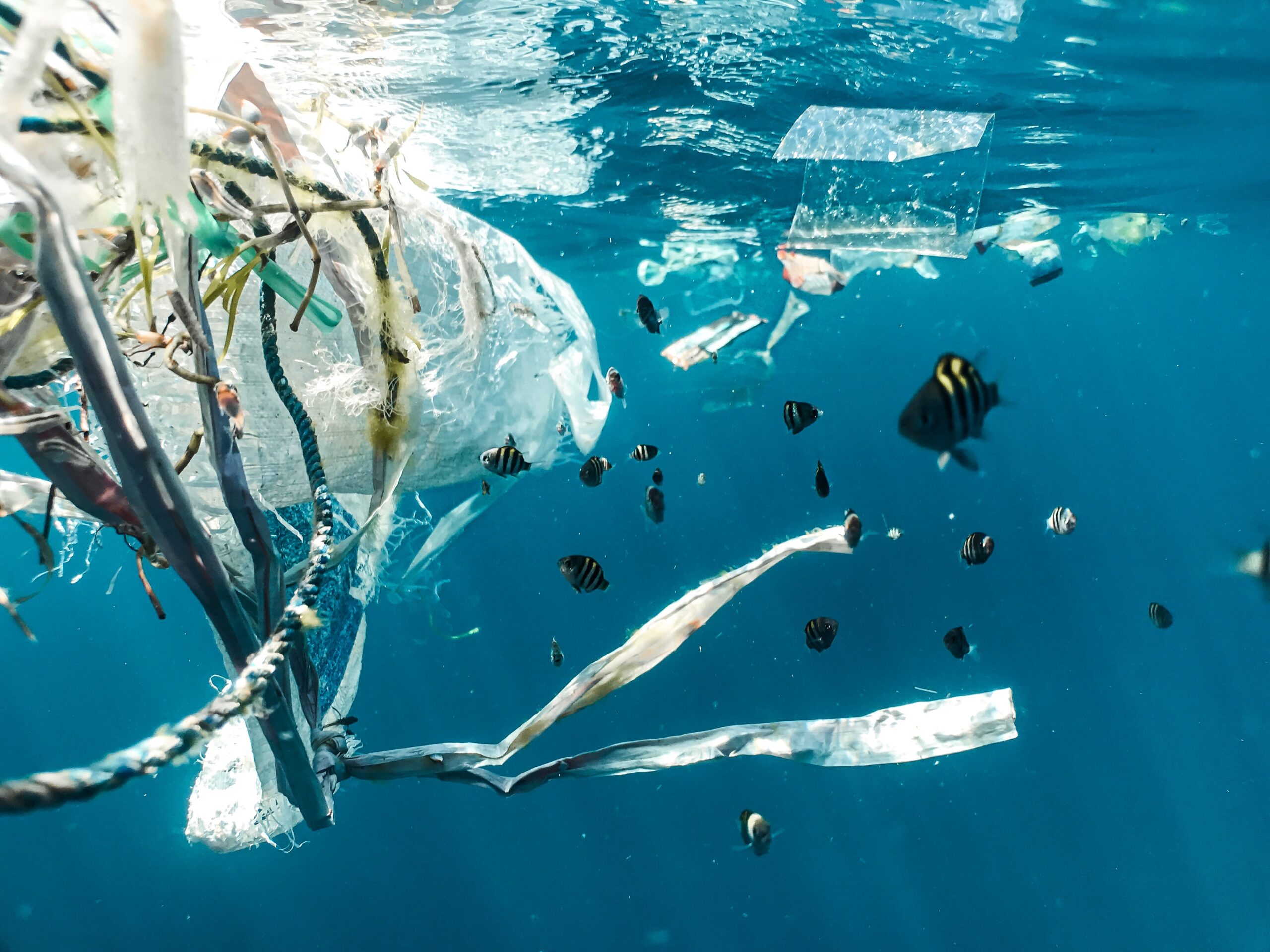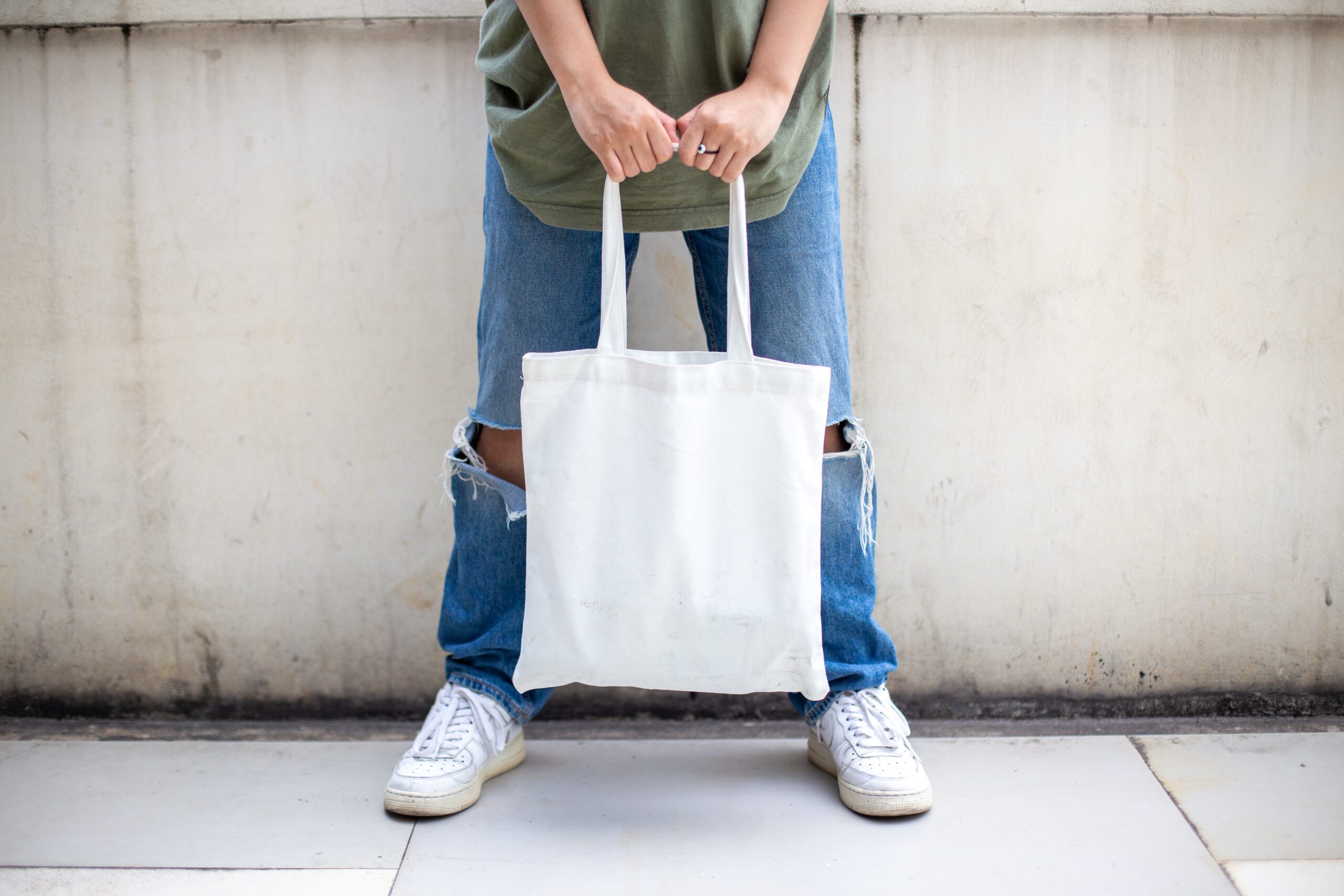
How to Reduce Plastic Waste
Reducing plastic waste should be a priority for businesses and households in the UK. More types of plastics are recyclable than ever before but plenty of plastic products are still too tricky or expensive to recycle. They can end up in landfills and pollute our land, water sources, and air.
Around 380 million tonnes of plastic waste are produced globally every year. This is a huge amount that businesses and homes are responsible for – from throwing away old plastic toys to the mountains of plastic packaging used daily. Doing every little bit to reduce plastic waste where possible has a positive environmental impact.
There are many ways to reduce plastic waste across commercial and domestic settings that help look after our planet. Discover how to reduce plastic waste from both your business and household with these tips, strategies, and initiatives.
Get a FREE quote
Get a fast FREE quote for waste collection
- Free quote within 1 hr
- Any type of waste
- FREE bins and delivery
- We cover all of the UK
Why should we
reduce plastic waste?
The importance of reducing plastic waste can’t be underestimated as it’s not biodegradable and certain types of plastic can’t be recycled. Even for the kinds of plastic that are recyclable, the process can be time-consuming and expensive, which means not all local authorities offer it for households. Reducing waste plastic is the most responsible action.
Minimising plastic waste reduces the risk of it ending up in landfill. Here it can take any plastics hundreds of years to break down and as they do so the chemicals they contain can leach, polluting the ground, air, and water nearby. Reducing and eliminating plastic waste prevents this from happening.
One of the other main benefits of reducing plastic waste is that it lessens the chance of it harming wildlife. Eight million tonnes of plastic end up in the sea every year around the world. Animals choke on discarded plastic products, they get stuck in coral that negatively affects reefs, and are passed up the food chain.
Not all plastics are reusable or recyclable, which is why the UK is extending its single-use plastic ban. Responsible disposal is possible of single-use plastics, but it often involves creating energy from waste through incineration. This is better than landfill, but the process still contributes to carbon emissions.

How can we reduce
plastic waste?
There are many ways to reduce plastic waste that apply to both businesses and individuals. Strategies to reduce plastic waste don’t need to be complicated or expensive. In most cases, it simply involves finding an alternative material or product and making a small change at no inconvenience to your daily life.
A few ideas to reduce plastic waste include to:
- Use reusables – avoid buying new plastic items that go to waste by taking along reusable water bottles, coffee flasks, containers, and shopping bags.
- Avoid single-use plastics – turn down any offers of plastic cutlery, cups, plates, and other single-use plastic items as a consumer or business.
- Visit refill stations – purchase foods and detergents in bulk from places where you can take a container and refill it, which avoids a need for plastic packaging.
- Check plastic types – look at the type of plastic any items you buy are made from and see if it’s recyclable. Turn down any products made of hard-to-recycle plastics.
- Recycle where possible – store plastic waste appropriately and arrange a collection as a business or take it to your local household waste recycling centre (HWRC) if it’s not accepted in your domestic recycling bin to prevent it from going to landfill.
Ways to reduce plastic waste
for businesses
Businesses are responsible for a high volume of waste plastic in the UK and beyond. This ranges from manufacturing to packaging and consumption. Research found that just 20 firms produce 55% of plastic waste in the world. Every company from start-ups to shops, restaurants, offices and more can do their bit to minimise plastic waste.
A few tips to reduce plastic waste in your business are to:
- Avoid plastic packaging – receiving and distributing products in packaging materials is one of the main causes of plastic waste by businesses. Aim to work with suppliers that don’t use plastic packaging (or types that are at least easily recyclable) for any deliveries you receive and for packaging your own products to send out.
- Create a plastic recycling scheme – install plastic waste bins across your business to help staff and customers separate their waste plastic items from other rubbish. This increases the chance of recycling plastic and hopefully makes people think more about how much waste they produce.
- Educate employees about plastic recycling – teach your workers about the importance of reducing plastic waste across your organisation. Focus on the environmental impact and cost savings it can offer for your business, which could trickle down to them.
- Audit your plastic use – review where your business uses plastic, the types, how much is wasted, and what happens to it. Find alternative materials where any non-recyclable plastics are used and assess the costs involved.
- Buy in bulk and locally – bulk buying anything, from food items to clothing, reduces the amount of packaging used. This helps minimise how much plastic packaging is required. If you purchase from local firms you could also collect and skip the packaging step for some things (and they may even offer a discount).
How to reduce plastic
waste at home
The amount of plastic waste created by UK households isn’t as big as that by businesses but it’s still a lot. Every UK household throws away an average of 66 pieces of plastic packaging every week – totalling around 100 billion items a year! Reducing this number is essential to help look after our environment.
Most homes in the UK can recycle some types of plastic in their household recycling bins. However, the kinds of waste plastic you can recycle in domestic bins depends on where you live and what your local authority accepts. Reducing plastic waste at home is normally easier and better for the environment.
A few ways to reduce waste plastic at home include to:
- Use cling film alternatives – cling film is found in most UK kitchens but cling film isn’t recyclable as it’s so thin (and normally contaminated after use). Reusable containers, cloths, or beeswax wraps are more eco-friendly and don’t create plastic waste.
- Buy eco-friendly tea bags – lots of tea bags contain microplastics that aren’t recyclable. Choose plastic-free tea bags or use loose tea and a strainer instead.
- Take a cloth bag shopping – the UK has seen single-use plastic carrier bag use fall since the introduction of a charge. Reusable plastic shopping bags are good but once they wear out they need to be disposed of. Cloth bags are more durable, long-lasting, and can be washed.
- Switch to glass and steel containers – plastic Tupperware can be used many times but eventually, it can crack, break, or stain beyond repair. Disposal of plastic containers can be complicated. Using glass jars, bowls, or metal containers is better as glass is infinitely recyclable and metal is easier to recycle than plastic.
- Find biodegradable cosmetics – lots of cosmetics contain microplastics, such as lipsticks and mascara brushes. Switch to biodegradable, wooden, and other eco-friendly choices as there are many more available today.
Ideas to reduce
plastic bottle waste
In the UK an incredible 7.7 billion plastic water bottles are used annually. Improvements have been made to ensure most are recyclable but many still end up polluting our rivers, seas, and land. Reducing plastic bottle waste with eco-friendly alternatives is the easiest way businesses and individuals can avoid adding to plastic bottle waste.
Reduce plastic bottle waste with these ideas:
- Use bars of soap – there are refillable soap bottles that offer a good option, but the best choice is to skip plastic bottles by switching to bars. Soap bars don’t need plastics and often come in a recyclable paper wrapping.
- Get milk delivered – many milk floats still do the rounds in the UK and deliver milk in glass bottles. These are collected and reused. Plus, glass bottles are infinitely recyclable unlike the plastic milk bottles bought in shops.
- Buy glass bottles – where possible opt for drinks, cosmetics, and anything else in a glass rather than a plastic bottle. Glass is much easier to reuse and recycle and it never dips in quality. Plus, most drinks taste better out of a glass bottle.
- Don’t buy water – sometimes it’s unavoidable on a hot day but buying bottled water is avoidable. Take a reusable bottle everywhere you go, and you shouldn’t be far from a tap or refill station to help save the planet and money.
- Find detergent refills – washing up liquid, detergents, and fabric conditioner normally come in plastic bottles too. Some places provide refillable services where you can take your empty containers. Alternatively, switch to washing powder tablets in recyclable cardboard boxes where the plastic degrades in the wash.
Read more waste reduction guides
It’s not just advice and strategies to reduce plastic waste that we offer. Find out how to reduce many other waste materials across your business or home with these guides.
Get a fast and free quote
Get a fast FREE quote for your waste collection
- Free quote within 1 hr
- Any type of waste
- FREE bins and delivery
- We cover all of the UK
